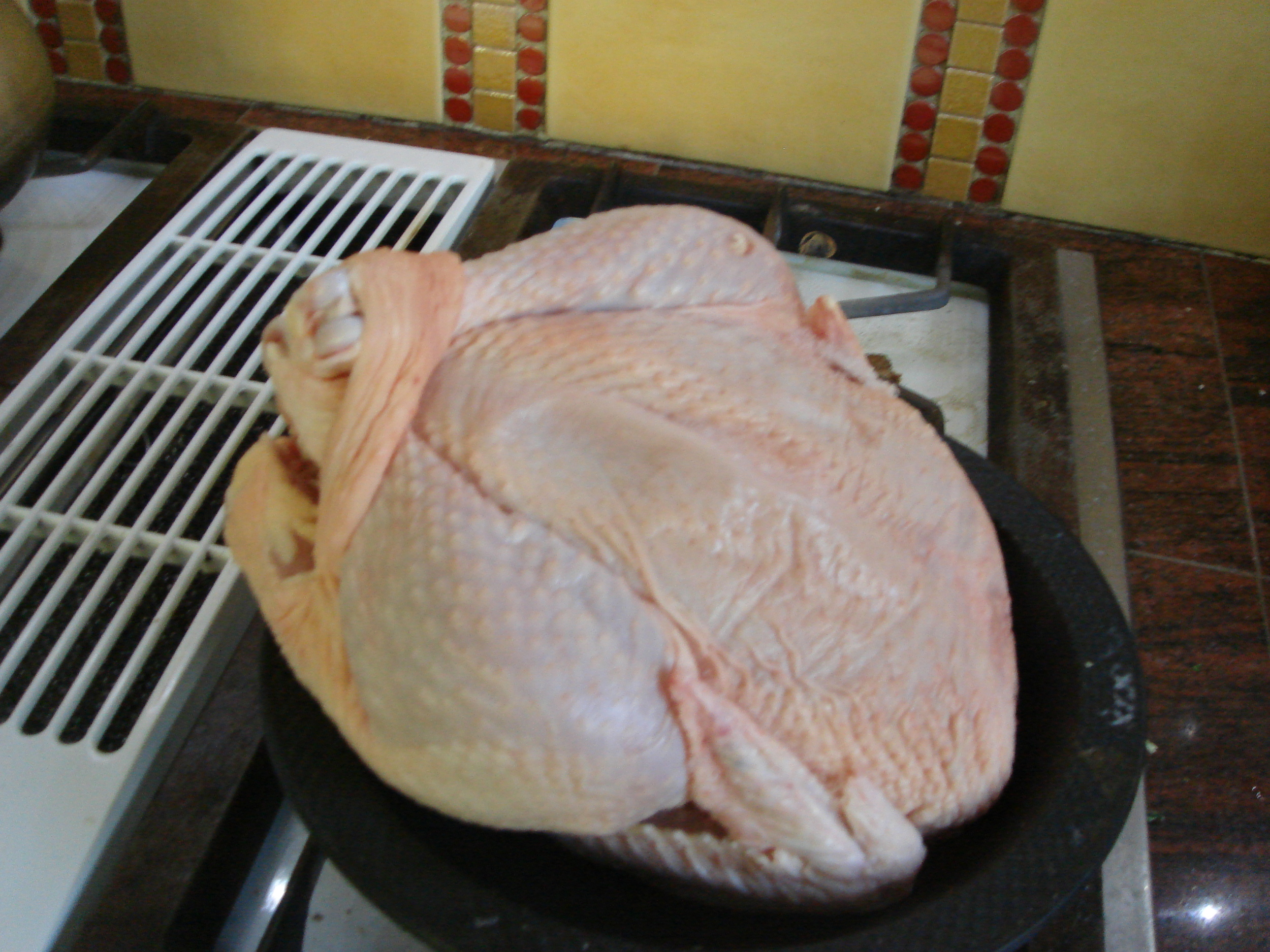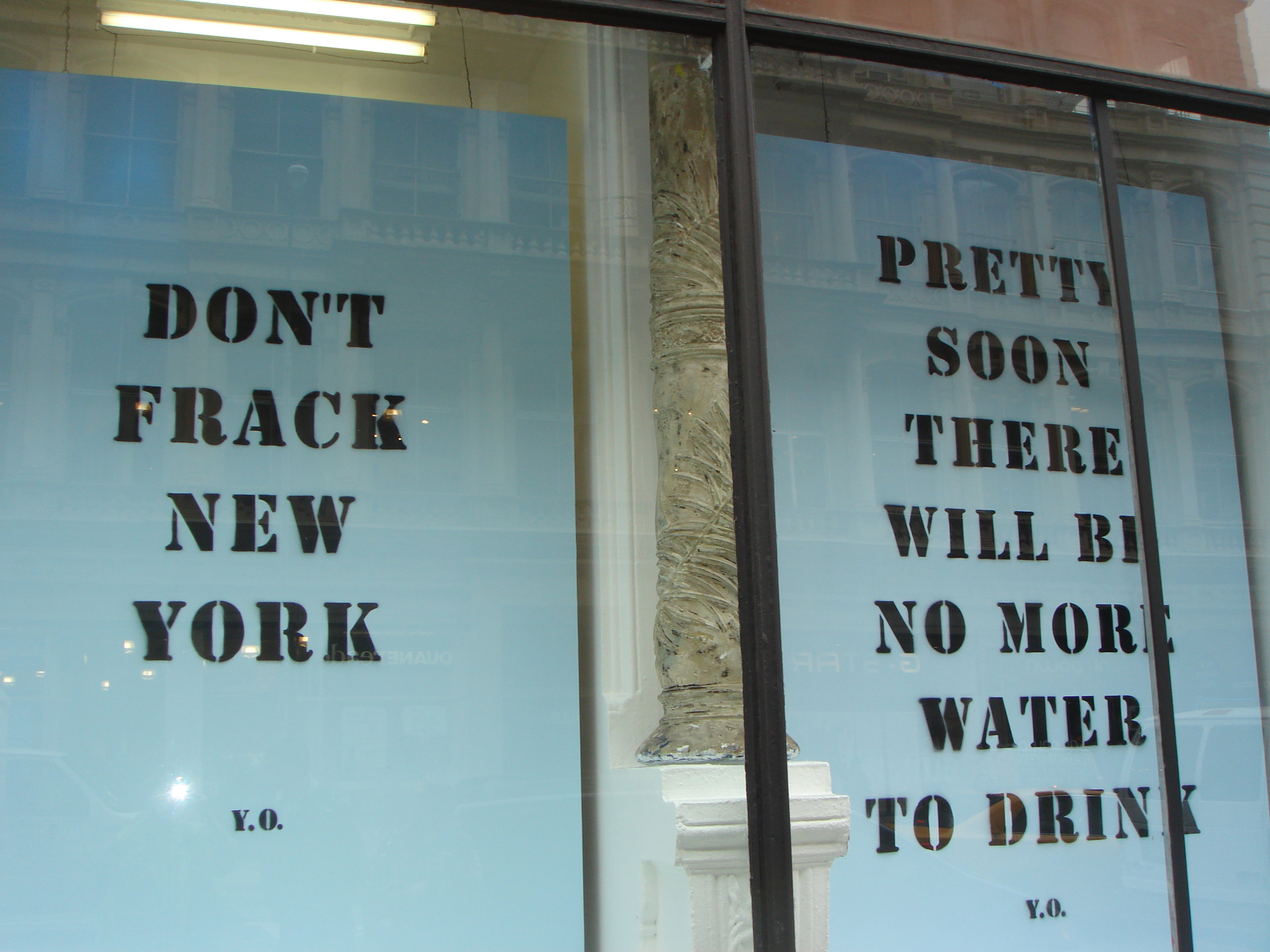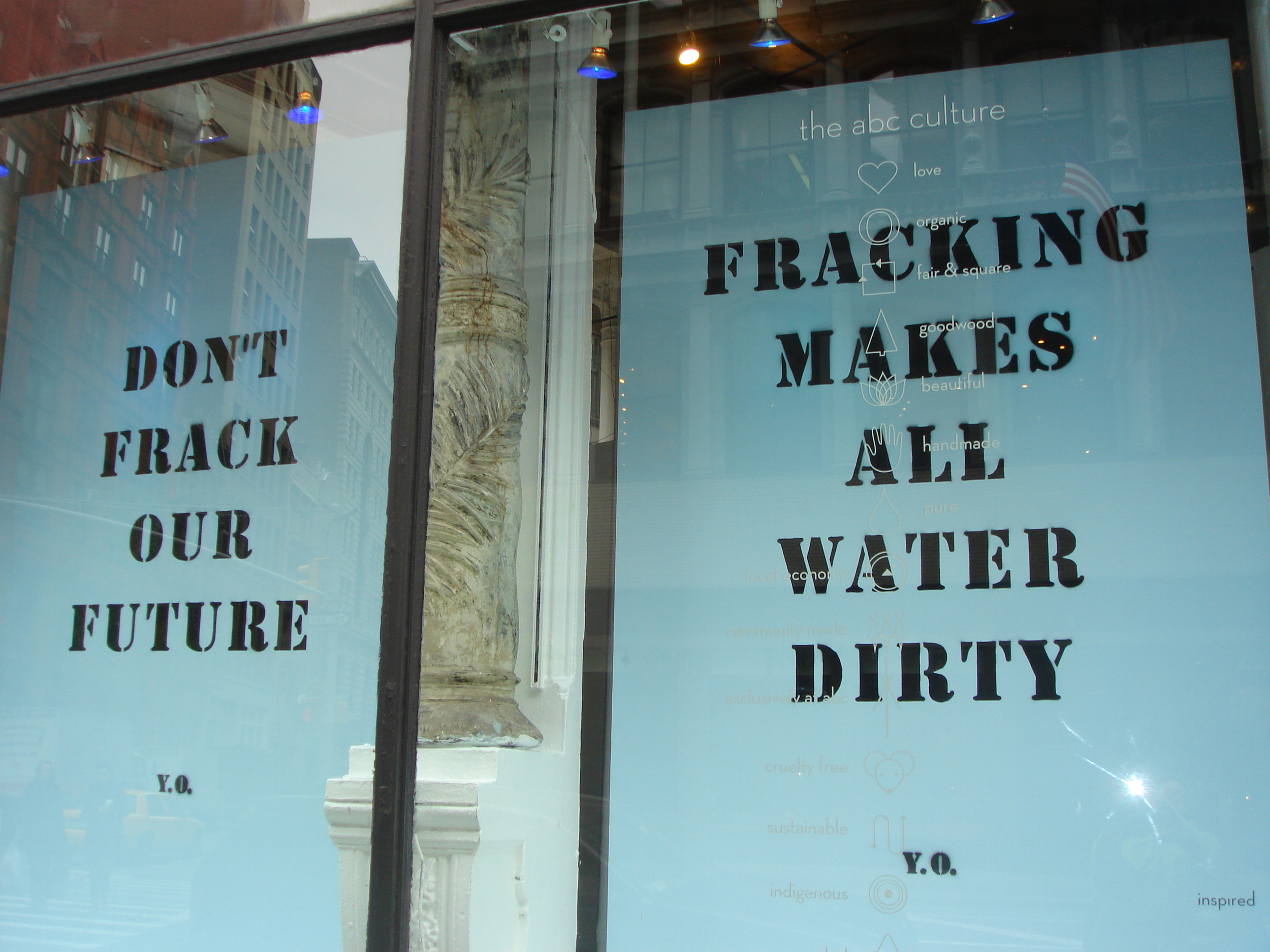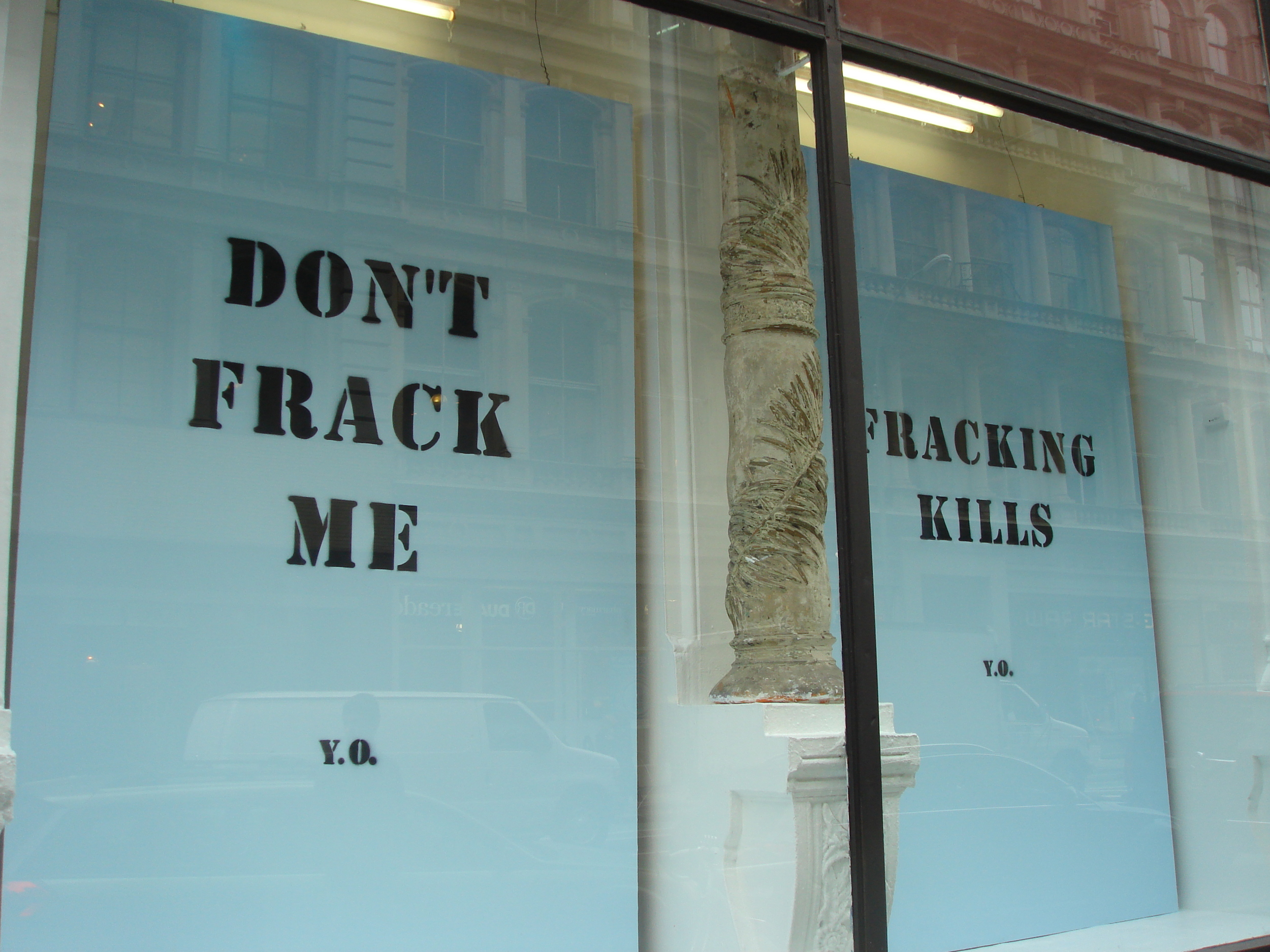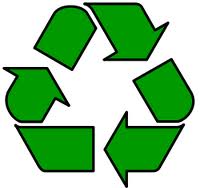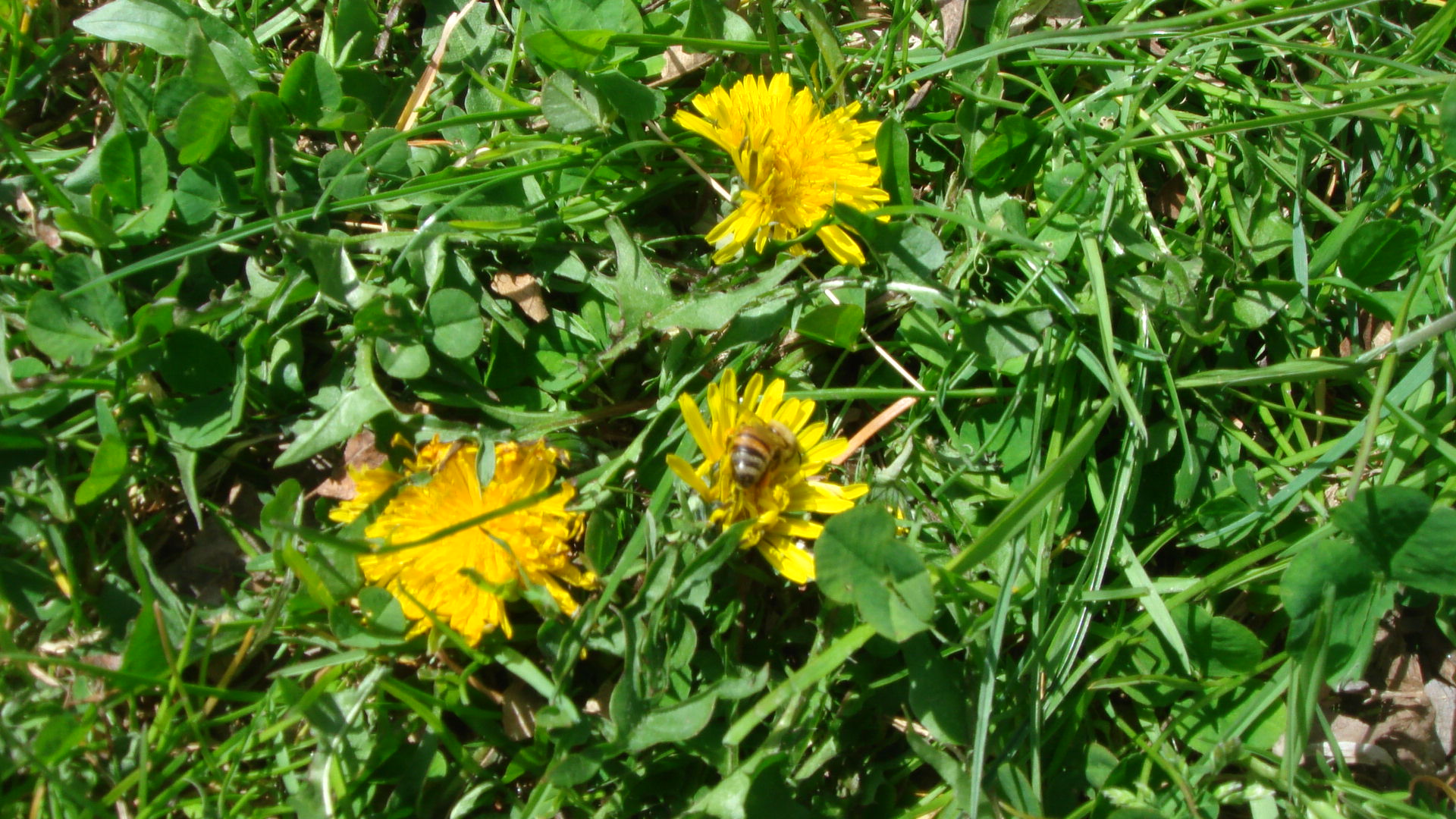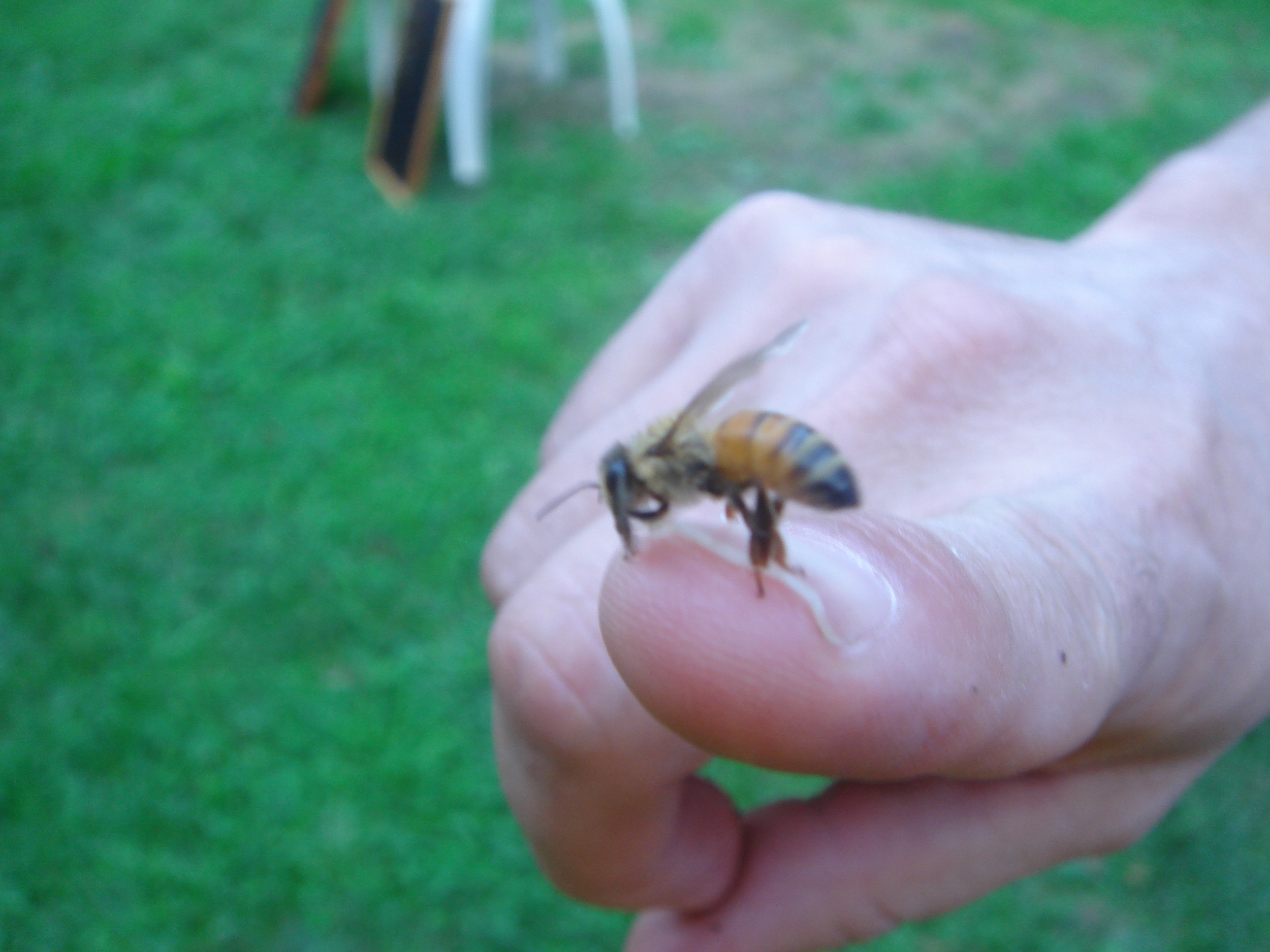That meat eating has become a potential ethical dilemma indicates a change in our awareness. As we can see from the Inuit (who eat mostly fish protein) or the Masaai (who subsist mostly on the meat, milk and blood of the cattle they raise) on the one hand, and the Hindus, most of who have been vegetarian for a few millenia, there is a cultural context to any diet that arose in no small part from the geographical surroundings and inherent food potentials. As we have been struggling with the health implications of the big-ag industrial diet that makes for-profit "products," not food, (remember, they don't make this stuff for your benefit, but for theirs: $), and which are made out of geographical context altogether, we have wrestled with the "diet of the day" out of confusion. The Atkins Diet, the South Beach Diet, the Paleo Diet, the Mediterranean Diet, and what not, have all been hailed as an epiphany at one point or another.
In my view diet has to be considered not only within an ethnico-cultural-geographical context, but also in the context of consciousness evolution. What I mean by that is that a diet reflects our current understanding of things, our beliefs, our culture, our state-of-affairs.
I believe that it is perfectly ok to eat honey and eggs and some meat and some fish If we live in a context of respect and mutual benefit for all. Check out Sally Fallon's "Nourishing Traditions" for a well researched reversal on some of our common food myths. Most important is to eat real food - the rest is up to your personal convictions, state of mind and stomach (listen to your body; when you exit a fast food place or a steakhouse and feel heavy and stuffed and as if you couldn't eat anything for the next 24 hours, maybe that food wasn't so beneficial for you). Food should energize you, physically and spiritually.
Your views and diet evolve as you become better informed, mine continually do. And if you believe from the bottom of your heart that a candy bar is really really good for your body (not just to fulfill an emotional need), then it will be.
Please see installments 1. and 2. for the complete picture on the meat quandary.


